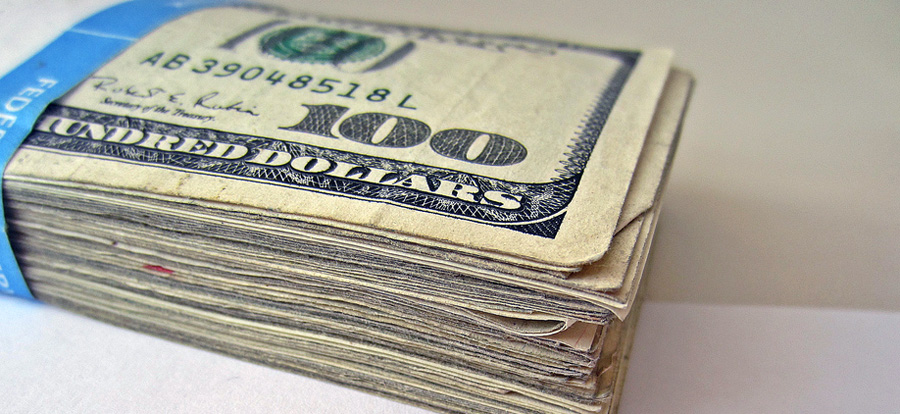From Washington State to Washington, D.C. much vital debate and legal reform has emerged among cannabis retailers, banking institutions, local lawmakers and the federal government. What were once pleas to decriminalize cannabis use regionally have since become those made by pot retail shop owners throughout the country to insure their place in the company of other sanctioned businesses that deal in regulated product sales. While medical marijuana has been legal in over 20 U.S. states since the mid-1990s, its recreational use is newly legal in two, opening the doorway for others to follow. As cannabis retail clients multiply seemingly overnight and business grows exponentially, what do pot shop owners owe at tax time and how do they pay?
In Colorado and Washington State, pot shops pay close to 25% of their gross earnings in taxes on a bi-monthly, quarterly or annual basis. Unlike other businesses, however, the United States federal government does not recognize the cannabis trade because marijuana is a Schedule I or illegal substance. Since many banking regulations are instituted nationally by the OCC and FDIC, pot shop owners essentially cannot bank their earnings and have to pay taxes multi-regionally in cash. Of course, this creates the genuine danger of robbery, but it also prevents dispensaries from paying certain local agencies that simply do not accept cash for licensing costs, regulation fees and other taxes. This additionally presents a challenge for marijuana shops and their accounting teams to track transactions and audit their financial statements.
Some pot dispensaries have created a parent company to “front” operations in order to bank, pay taxes and properly abide by regional regulations. However, this creates a major violation of the national law once a bank branch discovers this deceptive – but in many cases, necessary – act. Some smaller banks have openly offered comprehensive business accounts to pot sellers, but if caught, lose their FDIC deposit insurance, not only to cover their pot business account holders – but also for their other account holders. That’s bad business for them.
In Colorado, it gets worse for marijuana dispensaries. There, without a business bank account, pot sellers have to pay an additional 10 percent penalty to cover federal employee withholding taxes that they pay in cash, instead of through a mandatory electronic bank withdrawal. According to the attorney Rachel Gillette, the Internal Revenue Service indicated to one cannabis seller that the alternative is to funnel cash to a third party to make the tax payment in their place, which is tantamount to “money laundering.” The other alternative that the agency proposes is to pay a large quarterly tax sum to the one IRS office in each state that accepts cash. This, in turn, will make the payment late for many pot shops that would routinely pay bi-monthly – like other businesses – which assesses another fine and puts the pot shop’s business license in jeopardy for the “late” payment.
There is hope. Congressman Edwin Perlmutter and United States Senator Michael Bennet have implored the IRS to stop the penalty charge while lawmakers resolve the issues. They are awaiting a formal response.
In Washington State, the Liquor Control Board is also preparing to accept large sums of cash, which may include the use of armored vehicles and high security receiving facilities.
While lawmakers wrestle with this pressing issue within this relatively new business, many cannabis retailers have resolved to create an atmosphere of transparency and adhere to the law – even when it costs them cold hard cash.
Author: Timothy Shaw
Photo Credit: 401kcalculator.org
Get daily cannabis business news updates. Subscribe
End
